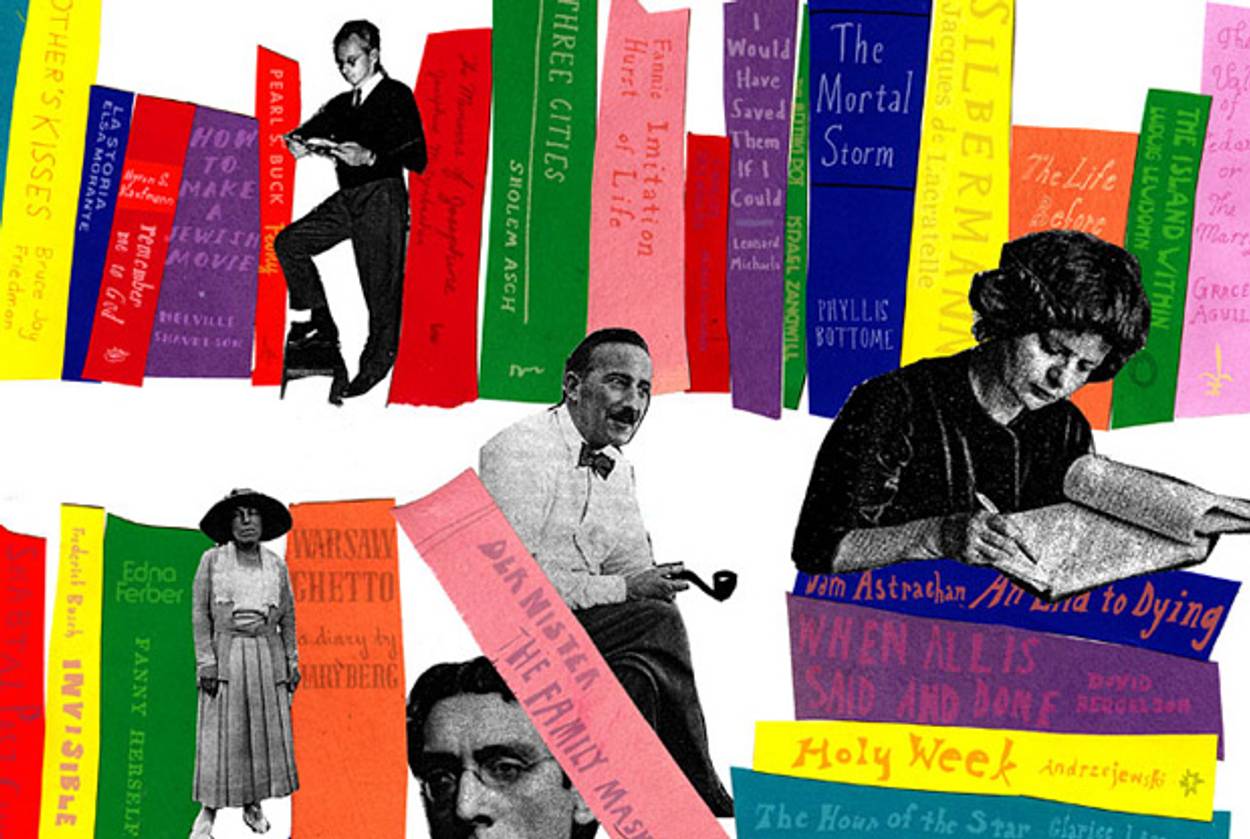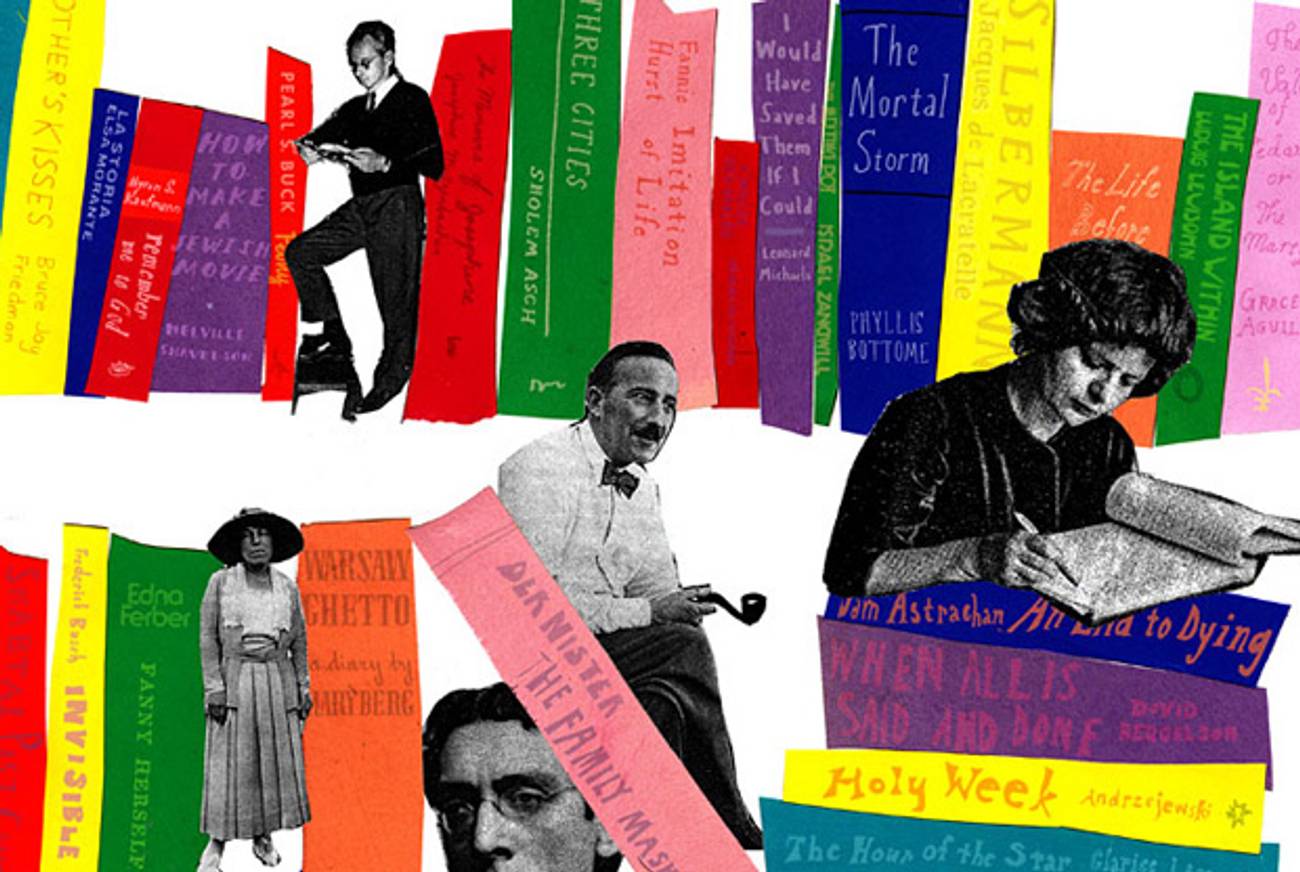A Woman Alone
Lost Books




“Lost Books” is a weekly series highlighting forgotten books through the prism of Tablet Magazine’s and Nextbook.org’s archives. So blow the dust off the cover, and begin!
Dvora Baron, born in 1887 in a town outside Minsk, published her first Hebrew stories in 1902, at the age of 15. Well-known, she moved to Palestine eight years later to become the literary editor of the Labor newspaper HaPoel HaTzair. Yet a series of family tragedies and personal controversies ultimately consumed Baron, and she retreated to her room.
In 2008, while translating some of Baron’s essays, Haim Watzman reflected on the female writer whose work has not maintained its once-widespread popularity. “The only woman to be accepted into the canon of early-twentieth-century Hebrew literature and a central figure in the modern Hebrew literary renaissance and the literary life of Tel Aviv, Baron spent her last thirty-three years as a recluse,” Watzman wrote. “Until her death in 1956, she observed life from the window of her tiny apartment on Oliphant Street, around the corner from then-fading (now café-lined) Shenkin Street.”
In Baron’s most famous story, “The Thorny Path,” a woman named Mousha is confined by paralysis to her bed. Surrounded by photographs, Mousha is doomed to view from afar a world which continues around her.
Read The Hermit of Oliphant, by Haim Watzman
Stephanie Butnick is chief strategy officer of Tablet Magazine, co-founder of Tablet Studios, and a host of the Unorthodox podcast.